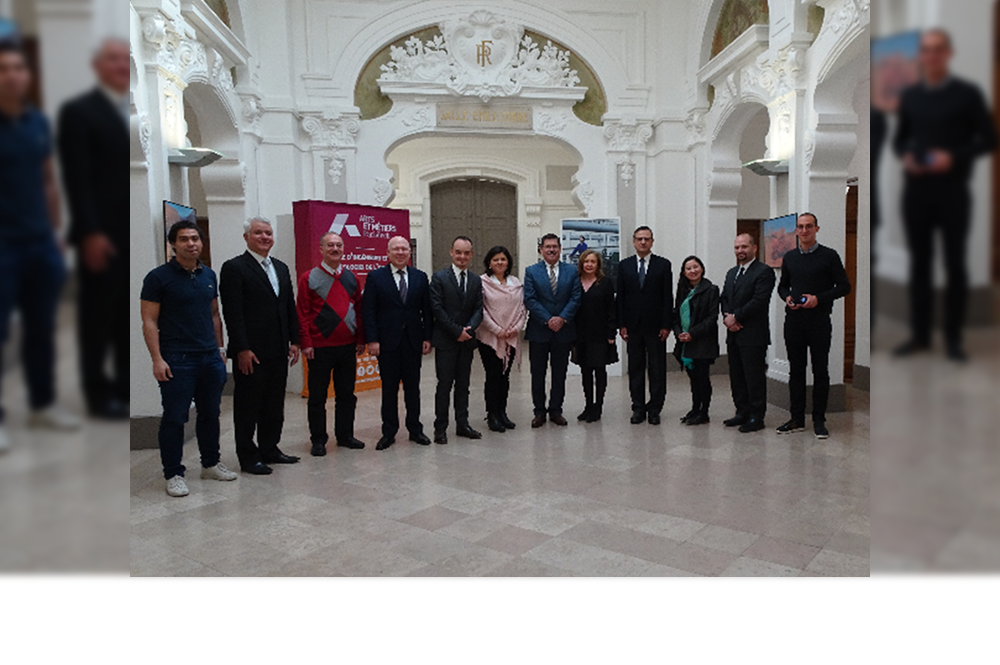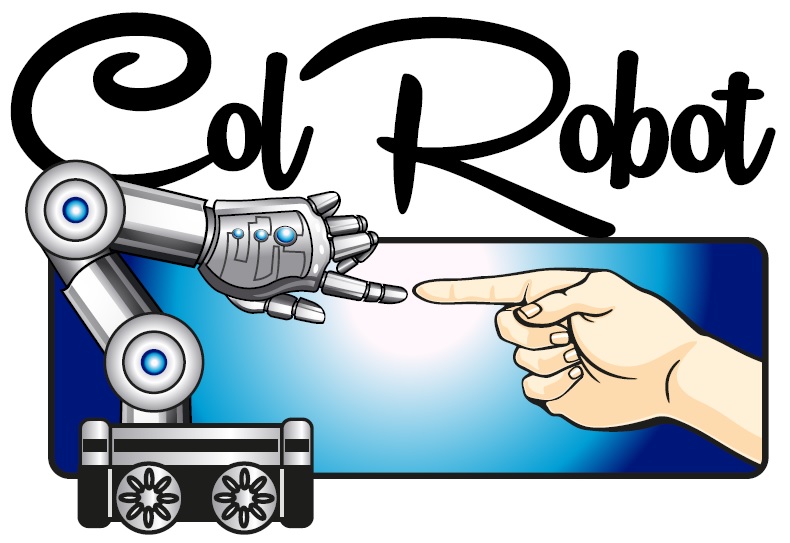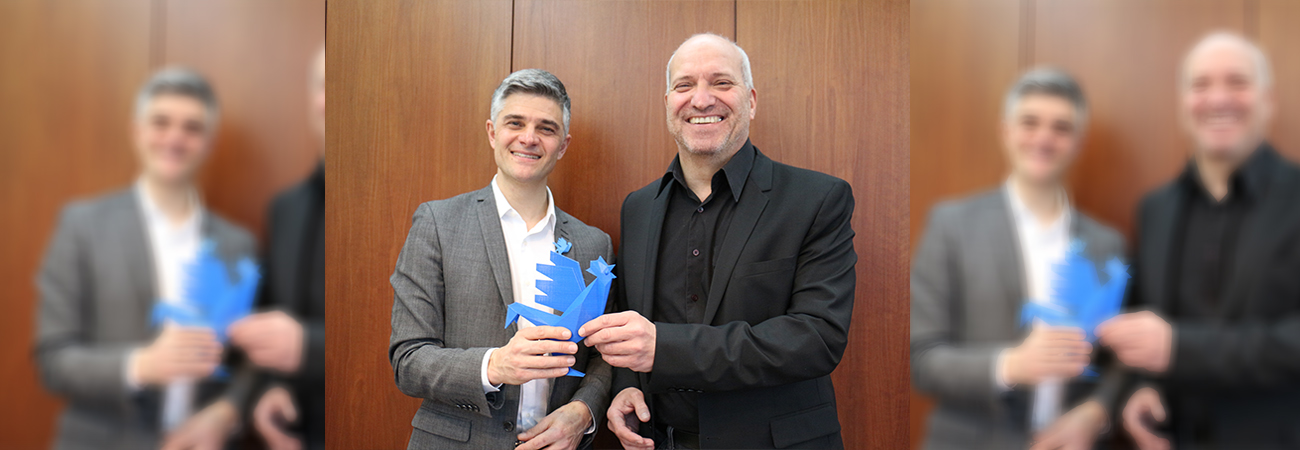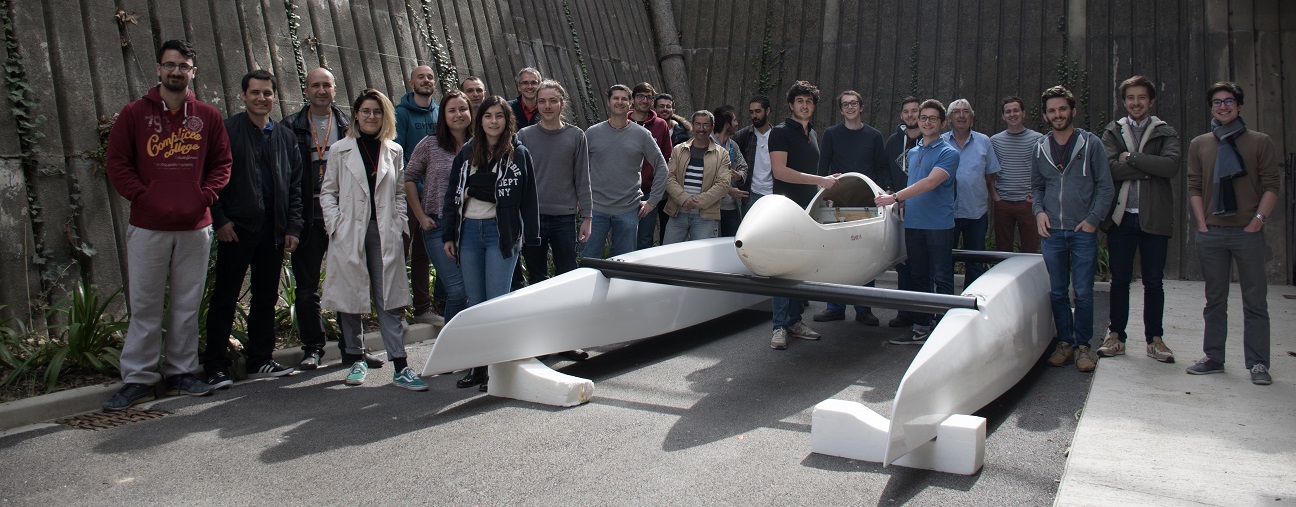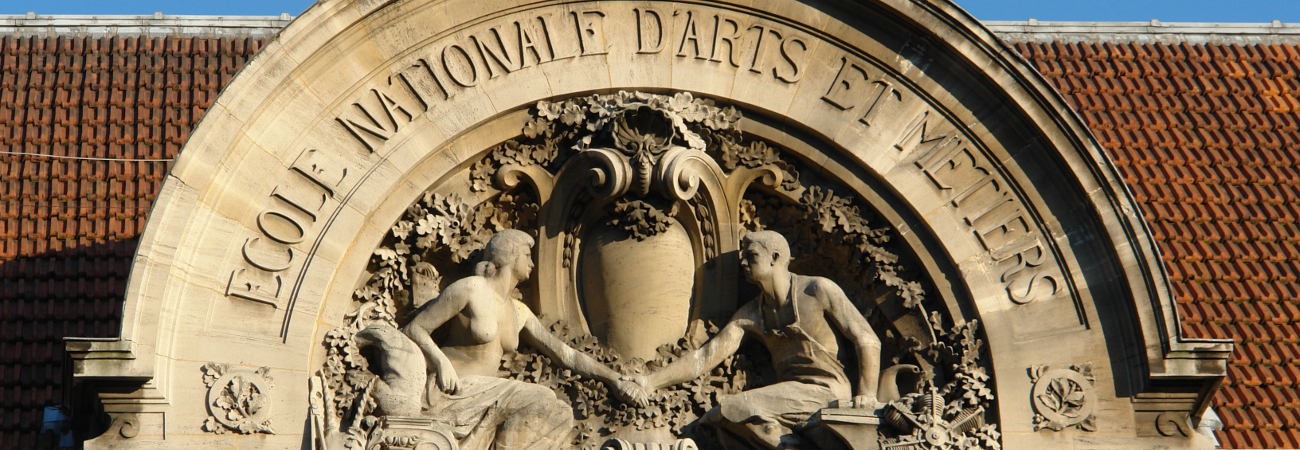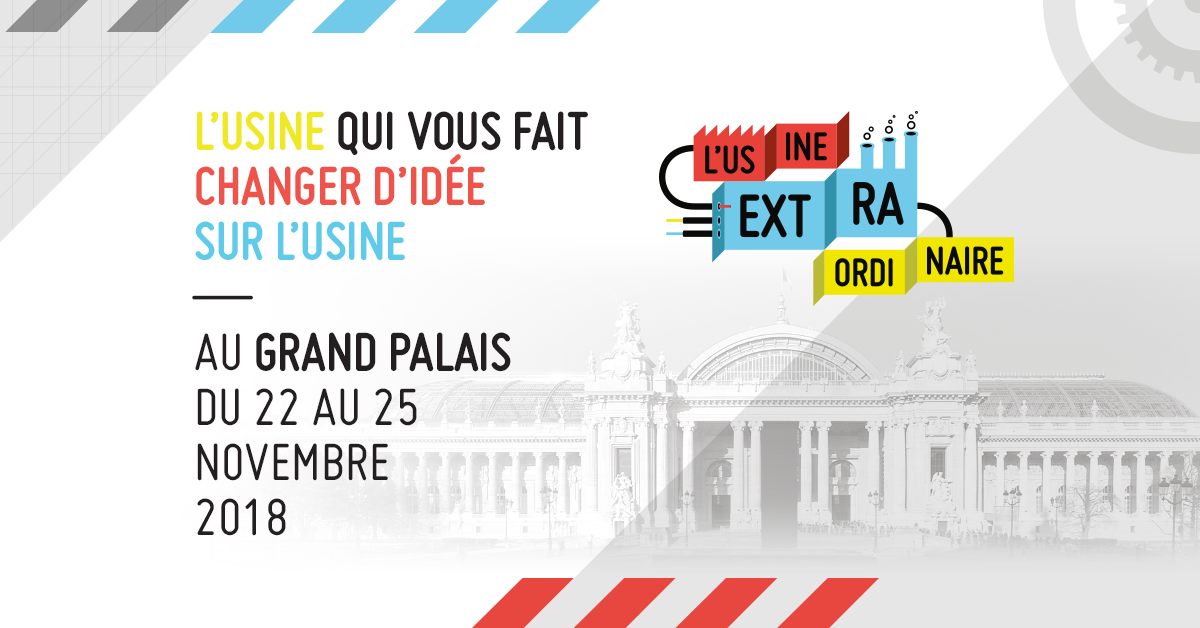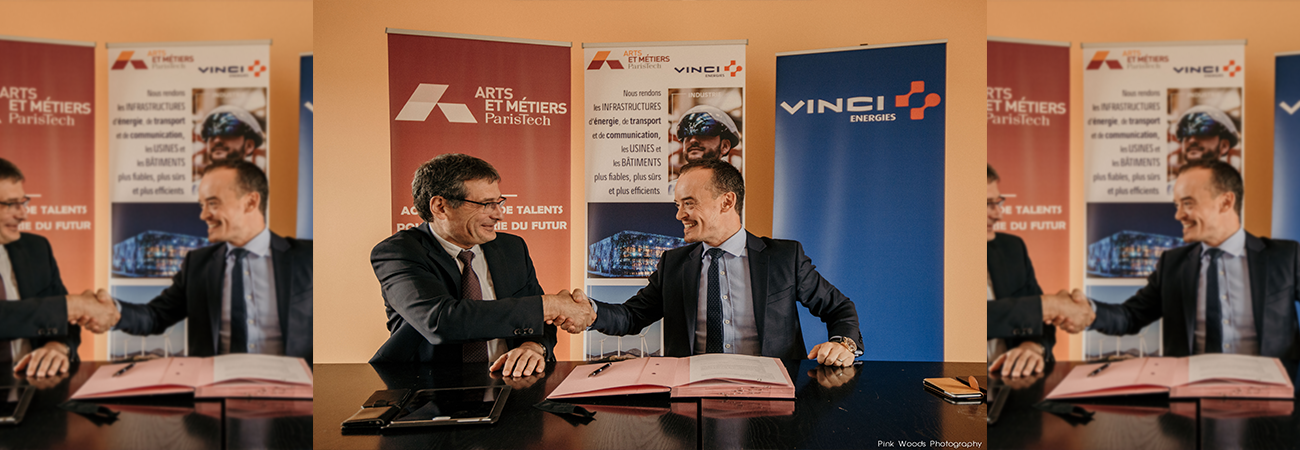3rd Workshop of the AM² Transatlantic partnership: « AM² Consortium on Industry 4.0 - AI and Data Science for Smart Manufacturing »
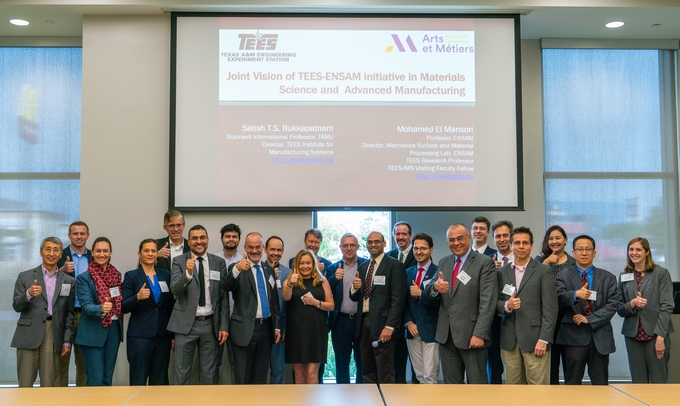
The 3rd workshop of the AM² Transatlantic partnership, jointly led by Texas A&M Engineering (TEES) and Arts et Métiers was held in Texas A&M University Campus, College Station, Texas, during Oct 16-18 2019, in presence of Mr Alexis Andres, Consul General of France in Houston.

